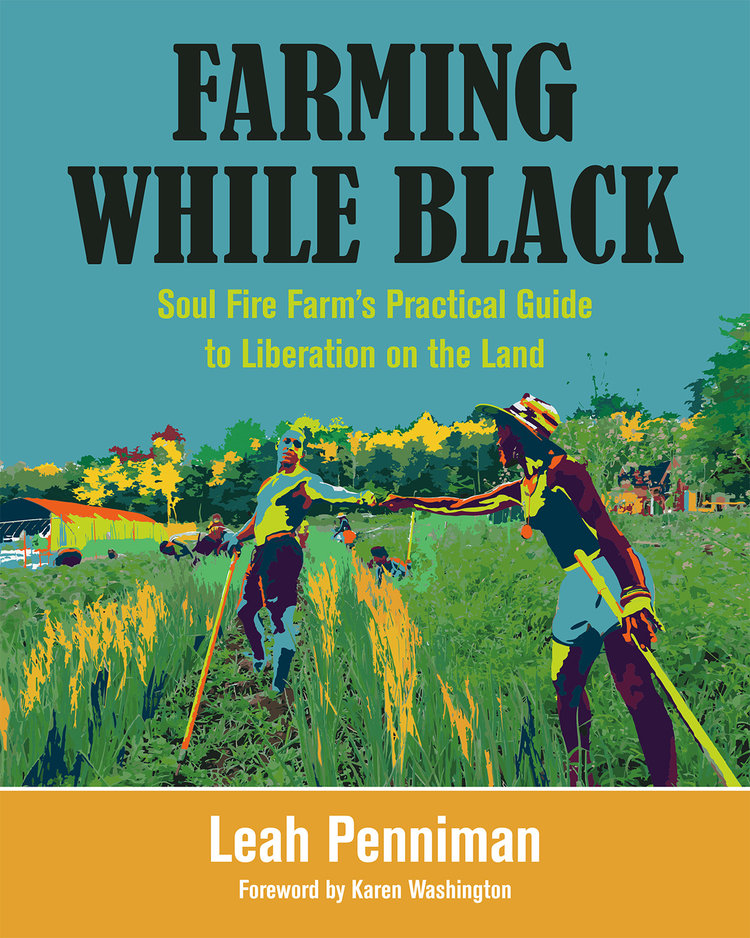Join my colleagues Peter Garber, Mélie Monnerat, Patrick Slack, and myself at our panel on commodities, contentions, and contradictions in Southeast Asian Agriculture on October 17th. This panel will be part of the 2020 annual meeting of the New England Conference of the Association for Asian Studies (AAS), hosted online by the University of Vermont.
Title: Marginality, Materiality and Maneuverability: Commodities, Contentions, and Contradictions in Southeast Asian Agriculture
Organizer: Melody Lynch, McGill University; Chair: Patrick Slack, McGill University
Abstract: Contemporary agriculture in Southeast Asia is largely shaped by contentions and contradictions in both policy and practice. This panel unpacks some of the social, economic, environmental and political tensions in rural and urban farming in the region. We do this through themes of marginality, materiality, and maneuverability.
From rural-to-urban migrants cultivating crops on abandoned city lots, to ethnic minority farmers working in vast rural landscapes, this panel muses on meanings of marginality in diverse Southeast Asian agricultural settings. With land representing many facets of marginality for certain populations, we discuss the implications of land rights and access in different contexts. We draw upon the concept of materiality to explore the complex web of entanglements that relate plants, animals, and humans with the systems and institutions that hope to reform them in present-day agriculture. Governance schemes, global economic processes and environmental factors seemingly dictate who is able to farm, what, where, and under which conditions. This panel explores the ways in which rural and urban farmers creatively maneuver the natural, built, socio-economic, and political landscapes in order to farm on their own terms. These frictions materialize in various forms; farmers plant gardens on city sidewalks, transition to cash-crops, navigate new precarious markets, or create new relationships with old animal allies.
The contentions that characterize agricultural production yield many contradictions. In cities, people increasingly attempt to meet their food demands by farming within city limits, while urbanization consumes surrounding agricultural lands. In upland Vietnam, ethnic minority farmers at the margins of the state are essential for the cultivation of spices in the iconic breakfast soup phở, yet contentious and contradicting policies hinder the cultivation of them. Beyond spice cultivation, many of these ethnic minority farmers also rely on water buffalo for working in their rice fields, although extreme weather events and government programs are rapidly disentangling this human-animal relationship.
Follow us as we trace cinnamon commodity chains, peek into the production of black cardamom, contemplate farming in its urban context, and investigate the changing relationships between humans and domesticated animals. The curious contentions and contradictions we uncover through themes of marginality, materiality, and maneuverability reveal important insights into the realm of Southeast Asian agriculture today.
Join us online on October 17th! Registration information can be found here on the conference webpage.


